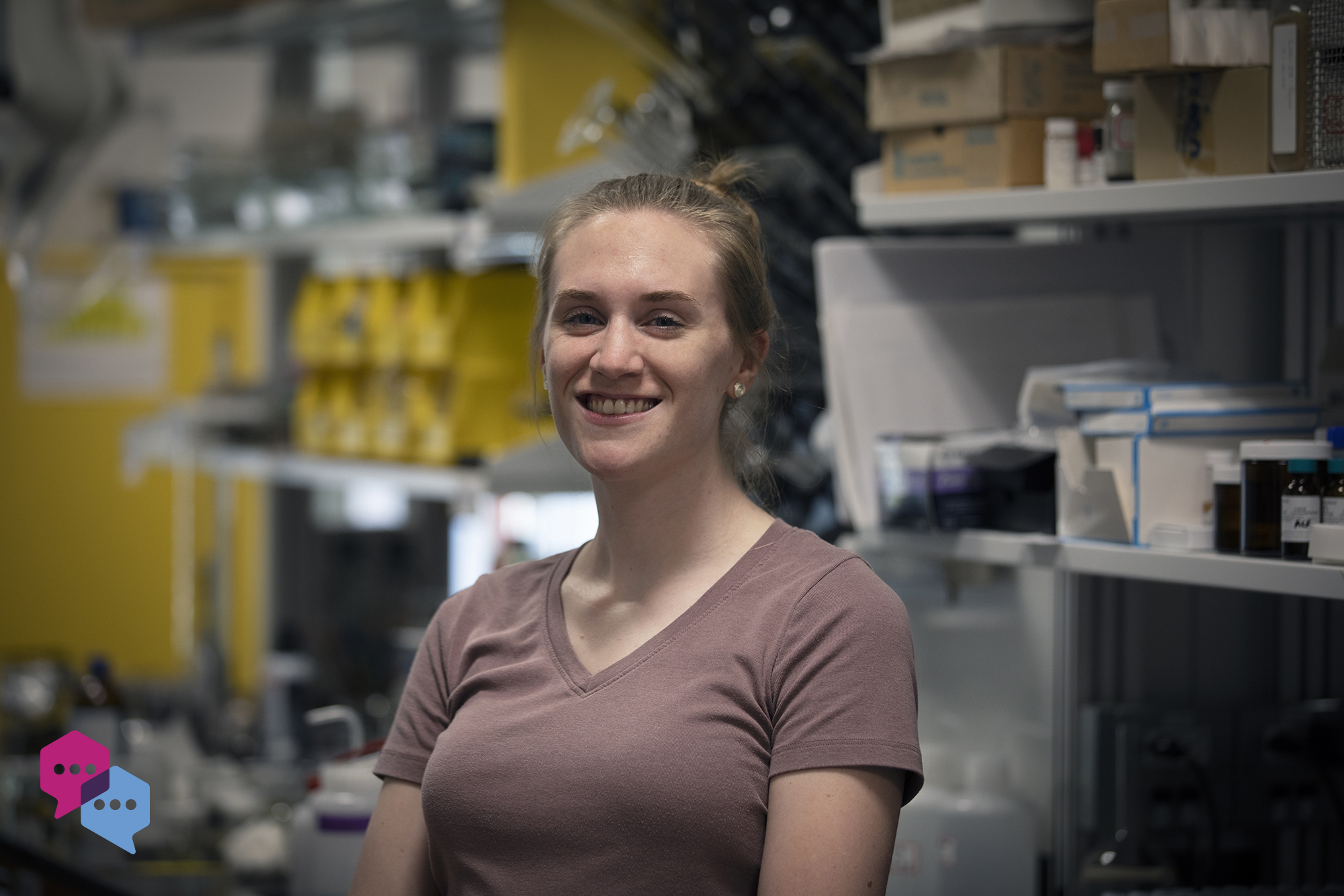Q: When you were a child, what was your response to this question: “What do you want to be when you grow up?”
A: I started out wanting to be a teacher, like my mom, then switched to a marine biologist after she started teaching the subject to her high schoolers. I also wanted to be a 400-meter Olympic track star, a doctor with the World Health Organization, a CIA agent (influenced by my dad’s thriller novels), a writer, and a world-renowned professor.
Q: Share the pivotal moment in your life that helped you choose your field of study.
A: I chose to major in chemistry during college simply because I had taken AP Chemistry in high school and found the subject challenging but enjoyable. But I ended up as a polymer and membrane scientist — my true passions — through a funny series of events. I wanted to work in a national park for a summer during undergrad and asked my chemistry professor, Dr. Vogt, to write a recommendation for me. He gladly agreed — if I would apply to at least one Research Experience for Undergraduates (REU) program.
I searched REU programs and discovered that I really liked the polymer program at Virginia Tech, but they had closed their online application just a few days prior. I sent my application via snail mail instead and, miraculously, they accepted me (the National Park Service, however, did not). There, I discovered some of the greatest challenges we face today — such as clean energy and abundant drinking water — could be solved by the intersection of polymers and membranes. I chose to go to graduate school to enhance my abilities to solve these great challenges. Sadly, Dr. Vogt passed away a few years ago, but I will always be thankful to him for encouraging me to dive into polymer research.

In fall 2020, Fraser (fourth from left) and her family gathered in eastern Tennessee to celebrate her sister’s wedding.
Q: Tell us about a time you encountered a tricky problem. How did you handle it and what did you learn from it?
A: I spent the first two-and-a-half years of graduate school failing to make progress on my dissertation topic. I attempted to make polymeric membranes for water desalination — the removal of salts from water. The first polymers I synthesized for the membranes swelled too much in water and broke apart with low levels of applied pressure. We modified the polymer to help reduce swelling and increase the membrane mechanical properties, but I found the synthesis and subsequent membrane processing difficult.
I tried again and again for months to make the polymer and then a membrane with decent salt removal. After failing for the umpteenth time, I synthesized a different polymer which required another several months of characterizing and troubleshooting, but eventually, the membranes worked. Through my failures, I learned many new laboratory and critical thinking skills, and I discovered that tenacity is an important attribute as a scientist. I also significantly grew in my ability to handle failures, graduating from wanting to give up after a failed experiment to gritting my teeth, talking with colleagues, and moving to another idea with optimism.
Q: Describe your research in 5 words.
A: Rigid polymers remove water contaminants.
Q: What are your passions outside of research?
A: People — my friends, family (especially my little nieces), church, and my partner Nick. Being with them reminds me that the world is bigger than the stresses and accomplishments of research. I am also passionate about scientific outreach and communication and have spent all five years of graduate school participating in or leading outreach groups.


